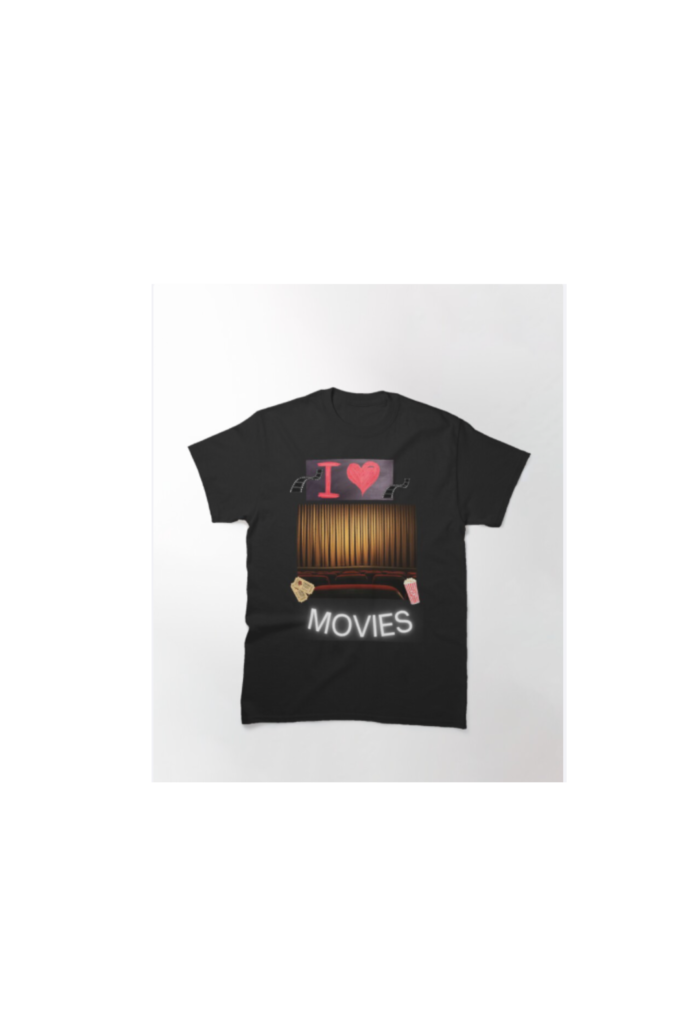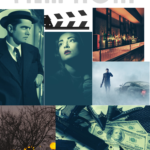Beef, a 10-part miniseries on Netflix, was created by Lee Sung Jin, with Jin along with Hikari, and Jake Schreier alternately directing. Beef has been called a dark comedy but it would probably be more accurate to call it a drama-thriller with some dark humor in the background. It also has elements of Greek tragedy and soap operas.
The premise is deceptively simple, leading to absurdly complex consequences. Set in Laguna Beach and nearby areas of Orange County, the events are sparked by a seemingly trivial road rage incident. Danny Cho (Steven Yeun) is a struggling contractor who is alternately depressed (to the point of contemplating suicide) and ambitious, while his soon-to-be nemesis Amy Lau (Ali Wong) is an affluent entrepreneur, wife, and mother who is feeling the pressures of balancing her increasingly stressful responsibilities.
Danny follows Amy home and later tricks his way into her house only to urinate on the bathroom floor. Amy retaliates by giving Danny’s contracting business a series of one-star reviews on Yelp. She escalates things further by catfishing Danny’s brother Paul (Young Mazino). Danny and Amy collide when both are at emotional breaking points. The road rage incident proves to be the last straw for both, as they cast the other as the cause of all the misery in their lives.
Danny and Amy get caught up in forces that seem beyond their control. While neither displays exemplary or even rational behavior, neither is purely evil or sociopathic. Danny is committed to helping his parents move into a new house. While his relationship with his brother is tense and fraught with mutual hostility and envy, he still feels responsible for his brother and experiences guilt over past betrayals. Amy, meanwhile, loves her daughter above everything and also feels guilt when she doesn’t live up to her own standards as a wife or mother.
Other characters contribute to Danny and Amy’s malaise. The closest thing to a pure villain is Danny’s cousin Issac (David Choe), an ex-con perpetually hatching schemes that range from marginally legal to blatant felonies. Amy’s boss Jordan (Maria Bello) is possibly the closest thing to a pure stereotype in the show, an affluent and thoughtlessly condescending entrepreneur/art collector/socialite who reveals the everyday subtle racism Asian Americans often face. Edwin (Justin Min) is a preacher at a Korean evangelical church with passive-aggressive tendencies.
What really drives the series of catastrophes are the seemingly small bad decisions both Danny and Amy constantly continually make. Both act out of rage and despair against their better judgment.
While Beef features a mostly Asian-American cast and cultural themes are certainly present, the story is really much more about the stress of modern life with some heavy doses of class conflict thrown in. For an insightful look at some of the details on Asian culture that most people will miss, see Asian Rage in Netflix’s Beef, by YJ Jun.
If there’s any single message to take away from Beef, it’s that every action can set off unpredictable, and possibly horrific, reactions in other people and the wider world. It has some elements in common with the 2004 Academy Award-winning film Crash, though Beef is far more insightful and nuanced than that heavy-handed and mostly overrated movie.
Beef is one of the best shows Netflix has shown recently. It’s an appropriately bizarre reflection of a world where everyone seems on the brink of disaster.





